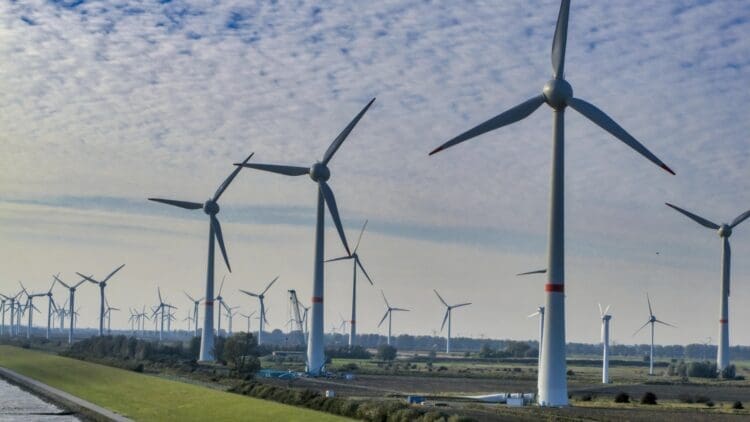Europe’s proclivity for the renewable energy sector has become all too evident in recent months. As the world faces the unsettling truth that the reliance on oil and gas has devastated the planet’s environment, Europe’s energy sector has seen increased importance placed on boosting the renewable energy sector. Now, the European Climate, Infrastructure and Environment Executive Agency, or CINEA, has designated five new cross-border renewable energy projects, including a new 1 GW Baltic offshore wind farm.
CINEA has designated several new cross-border renewable energy projects
The projects mark a shift in the European energy sector, as the region aims to meet its self-imposed clean energy targets as well as develop an energy infrastructure capable of supplying sufficient energy to the region following the loss of Russian energy in all its various forms. The five new projects now hold CB RES status, granting them eligibility to apply for financial support under the CB RES window of the CEF Energy programme.
The first project that has been designated by CINEA is the Liivi Bay Offshore Wind Farm. This project aims to deliver a massive wind farm in the Estonian waters in the Gulf of Riga, which will be radially connected to the Estonian national grid. The 1 GW offshore wind farm is expected to start generating electricity from 2031.
Europe’s renewed love affair with the renewable energy sector is producing results
The second project to be granted CB RES status by CINEA is the Twin Heat project, which will decarbonise the district heating systems of the twin cities Słubice (Poland) and Frankfurt (Germany). The plan calls for the installation of renewable-based heating infrastructure in the region, connecting Poland and Germany in a heatwave of renewable energy.
Another project that has garnered the attention of CINEA is the Utilitas Eleja-Jonišķis Wind Park that spans the Latvian-Lithuanian border. The wind park will target 200 MW of installed capacity from 2028, and is designed to connect to the 330 kV Viskaļi–Mūša transmission line. Europe’s renewable energy ambitions have finally been realised thanks to the litany of approvals by the European Union.
There are more astonishing renewable energy projects that have been granted CB RES status
Building on the already impressive projects that have been granted status by CINEA is the Comprehensive Offshore Renewable Energy Studies (CORES) project in Portugal. The nation is aiming to foster cross-border floating offshore wind energy production with Luxembourg. The study aims to assess the wind power possibilities in the region, potentially unlocking 10 GW of offshore wind capacity in Portugal.
Europe’s evident revival of the investment in renewable energy is finally reaching its full potential
The last project worth mentioning is the Medlink Renewable Generation (MedGen) project. This landmark agreement between Algeria and Tunisia aims to develop 10 GW of solar and wind capacity that will be fed to nearby Italy, marking Africa’s role in the European renewable energy sector. Africa has become an essential provider of energy for several energy markets around the world.
The move undertaken by the European Climate, Infrastructure and Environment Executive Agency points to the renewed interest in renewable energy in Europe and builds on the commitment made by Europe to reach carbon neutrality over the coming years.
The projects now wait for approval from the European Parliament
The new list of CB RES status projects will now await approval from the European Parliament, following a two-month scrutiny period, which may be extended by an additional 2-month period upon their request. While the United States faces a slowdown of wind power capacity due to the permitting issues under the new administration of Donald Trump, Europe is moving forward with its renewable energy dream and is fostering cooperative projects that cross borders and develop the renewable energy sector into the dominant energy resource it is meant to be all along, following years of stagnation.









